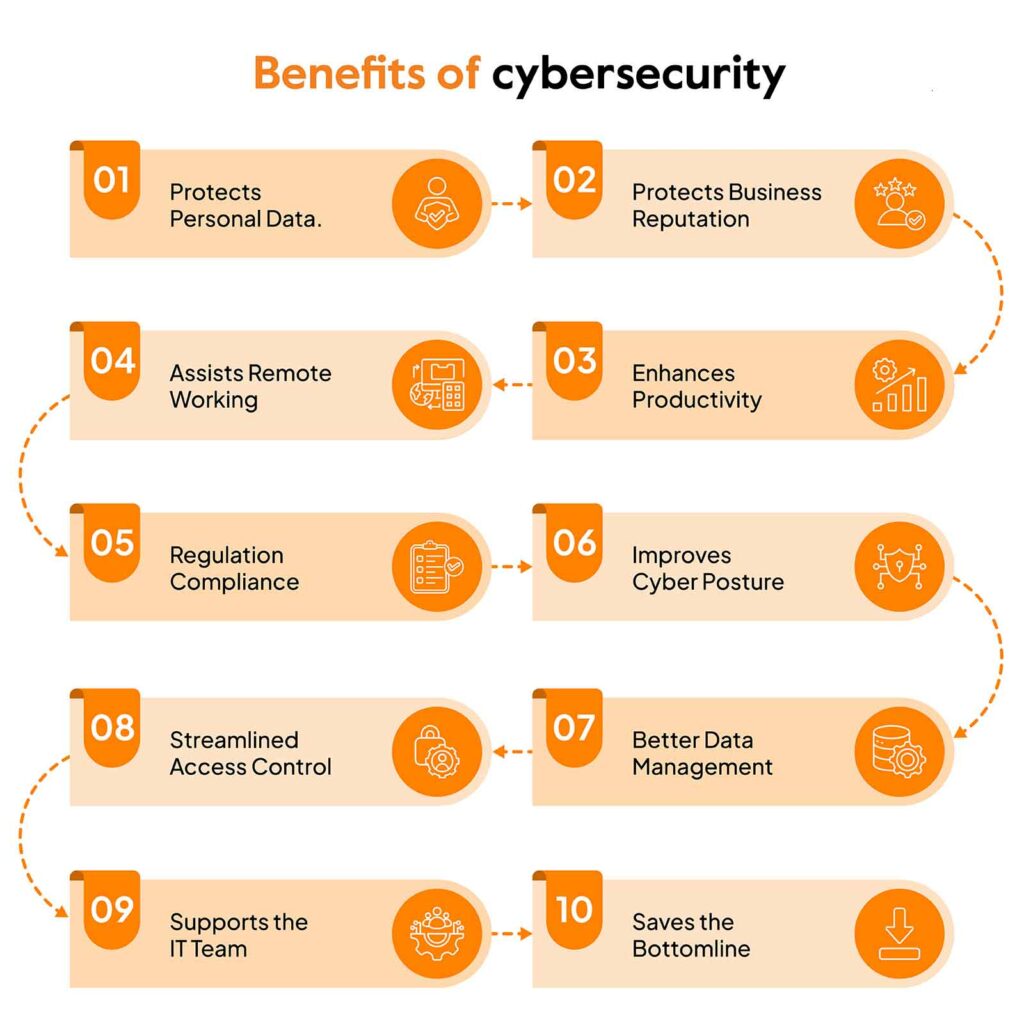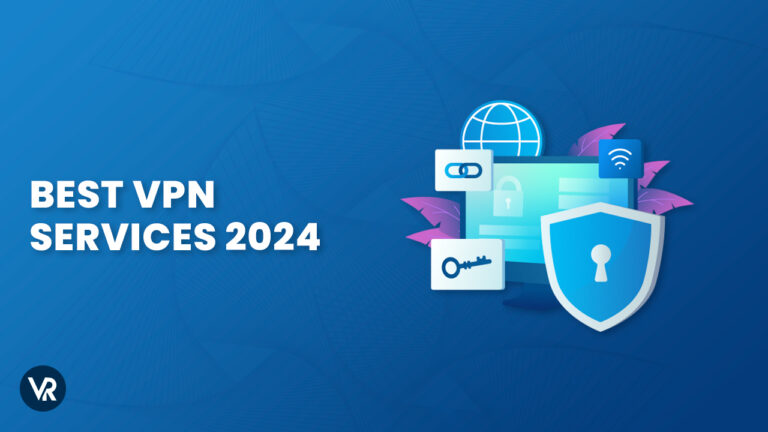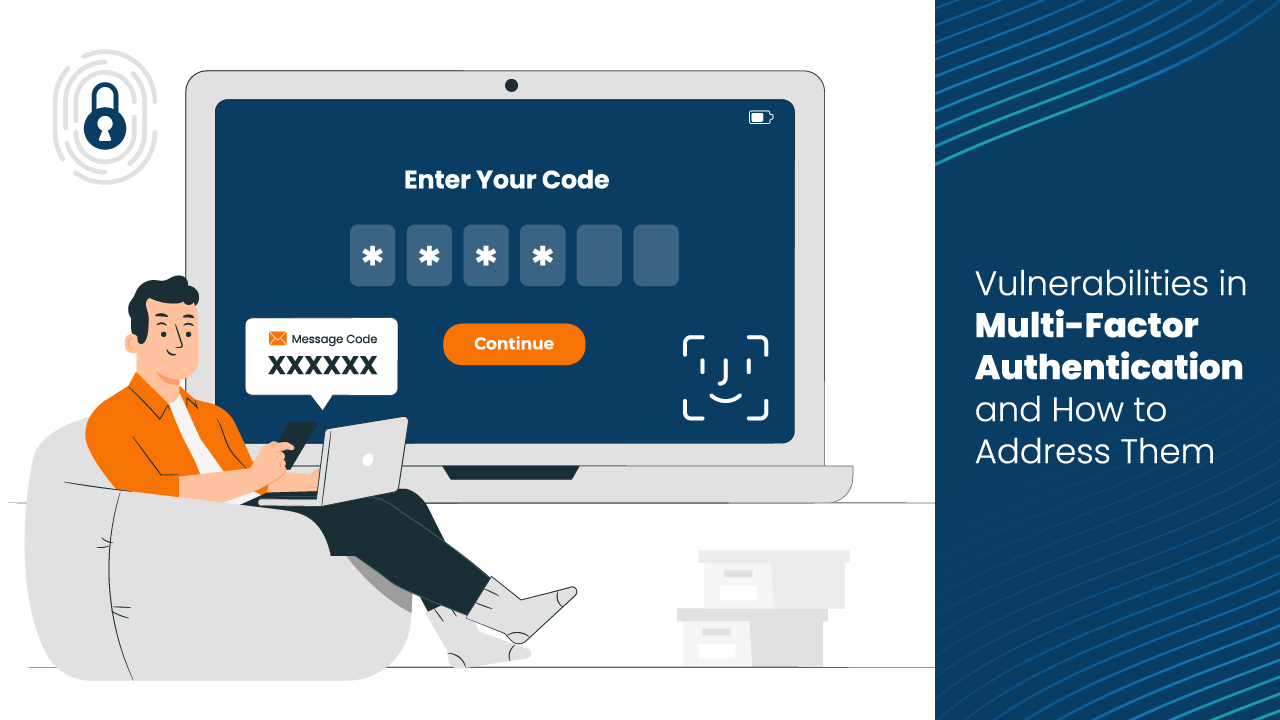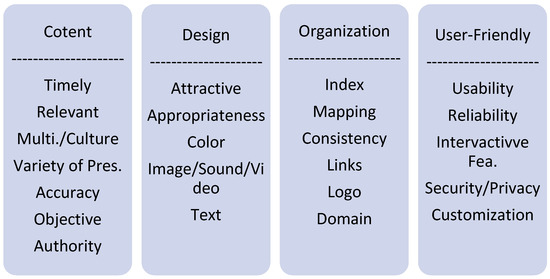Web Tools Online Safety in 2024
Importance of Online Safety in 2024

As the world becomes increasingly interconnected and reliant on technology, the importance of online safety in 2024 cannot be overstated. With the rise of cyber threats and the potential for personal and professional data breaches, individuals and organizations must prioritize enhancing their online safety measures. Web Tools in 2024.
In 2024, online safety is crucial for protecting sensitive information, maintaining privacy, and preventing identity theft. It not only safeguards financial data but also ensures the integrity and confidentiality of personal and professional communications. By implementing robust security measures and utilizing web tools that enhance online safety, individuals and organizations can mitigate the risks associated with cyber threats. Ultimately, prioritizing Web Tools Online Safety in 2024 means taking proactive steps to protect oneself and one’s digital presence from potential harm.
Importance of enhancing online safety in the current digital landscape

Web Tools Online Safety in 2024 In today’s digital landscape, enhancing online safety is of utmost importance. With the increasing reliance on technology for various activities such as banking, shopping, and communication, individuals and organizations are susceptible to a myriad of cyber threats. These threats range from identity theft to data breaches, putting sensitive information at risk. By prioritizing online safety, individuals can protect their personal and financial data, maintain their privacy, and safeguard their online presence. Additionally, organizations can secure their confidential information and maintain the trust of their customers. Through the use of robust security measures, such as strong passwords, encryption, and multi-factor authentication, individuals and organizations can proactively mitigate the risks associated with cyber threats.
Impact of cyber threats on personal and professional data security

With the increasing prevalence of cyber threats, both individuals and organizations face significant risks to their personal and professional data security. Cybercriminals employ various tactics, such as phishing, malware attacks, and identity theft, to compromise sensitive information. These breaches can result in severe financial losses, damage to reputation, and potential legal consequences. For individuals, cyber threats can lead to identity theft, unauthorized access to personal accounts, and the misuse of personal information.
In the professional realm, data breaches can jeopardize confidential business data, compromise customer trust, and disrupt operations. The impact of cyber threats extends beyond financial losses to include emotional distress, loss of privacy, and the potential for long-term consequences. Safeguarding personal and professional data through enhanced online safety measures is crucial in preventing and mitigating the impact of cyber threats.
Password Managers for Secure Online Activity

In today’s digital landscape, maintaining strong and unique passwords is crucial for ensuring online safety. This is where password managers come in handy. Password managers are tools that securely store and manage your passwords for various online accounts. They not only eliminate the need to remember multiple complex passwords but also provide an added layer of security. Web Tools Online Safety in 2024.
Using a password manager offers several benefits, including:
- Convenience: With a password manager, you only need to remember one master password to access all your other passwords.
- Stronger Passwords: Password managers generate strong, unique passwords for each account, reducing the risk of password breaches.
- Autofill Functionality: Password managers automatically fill in login information, saving you time and minimizing the risk of typing errors.
- Secure Storage: Password managers encrypt your passwords and store them securely, protecting them from unauthorized access.
Popular password managers like LastPass, Dashlane, and 1Password offer cross-platform compatibility and user-friendly interfaces. Choosing the right password manager can greatly enhance your online safety and simplify your password management process.
Benefits of using password managers for enhanced security

One of the key ways to enhance online security is by using password managers. These tools offer numerous benefits that contribute to a safer online experience. Firstly, password managers provide the convenience of having to remember only one master password to access all your other passwords. This eliminates the need to remember multiple complex passwords and reduces the risk of forgetting them.
Web Tools Online Safety in 2024 Additionally, password managers generate strong, unique passwords for each account, reducing the chances of password breaches. They also offer autofill functionality, saving time and minimizing the risk of typing errors. Lastly, password managers encrypt and securely store your passwords, protecting them from unauthorized access. Overall, using password managers significantly enhances online security and simplifies password management.
Comparison of top password managers for different devicesSource: images.ctfassets.net
When it comes to choosing a password manager, there are several options available for different devices. Here is a comparison of some of the top password managers:
- LastPass: LastPass is a popular password manager that offers a user-friendly interface and compatibility across various devices, including Windows, Mac, iOS, and Android. It provides secure password storage, autofill functionality, and the ability to share passwords with others.
- Dashlane: Dashlane is known for its strong encryption and seamless synchronization across devices. It supports Windows, Mac, iOS, and Android, allowing users to access their passwords from anywhere. Dashlane also offers features like secure notes and a password changer tool.
- 1Password: 1Password is a versatile password manager that supports multiple platforms, including Windows, Mac, iOS, and Android. It offers features like secure password sharing, two-factor authentication, and the ability to store other sensitive information, such as credit card details.
- KeePass: KeePass is an open-source password manager that is compatible with Windows, Mac, and Linux. It stores passwords in an encrypted database and allows users to easily generate strong passwords. KeePass also supports plugins for additional functionality.
When choosing a password manager, it is important to consider factors such as ease of use, compatibility with your devices, and the availability of additional features. Ultimately, the best password manager is one that fits your specific needs and helps you maintain strong online security.
VPN Services for Privacy and Data Protection

In an increasingly interconnected world, online privacy and data protection have become paramount concerns for individuals and businesses alike. One effective tool for safeguarding sensitive information is a Virtual Private Network (VPN) service. A VPN creates a secure and encrypted connection between a device and the internet, ensuring that data transmitted is protected from prying eyes.
It masks the user’s IP address, making it difficult for third parties to track online activities. When choosing a VPN service, factors to consider include server locations, encryption protocols, speed, and user-friendly interfaces. Some top VPN services include ExpressVPN, NordVPN, and CyberGhost. By using a VPN, internet users can enhance their privacy and data protection, allowing them to browse the web with peace of mind. Web Tools Online Safety in 2024.
Understanding the role of VPN services in ensuring online privacy and data protection

A VPN, or Virtual Private Network, plays a crucial role in safeguarding online privacy and protecting sensitive data. By creating a secure and encrypted connection between a device and the internet, VPN services ensure that the data transmitted is shielded from potential threats. The user’s IP address is masked, making it difficult for third parties to track online activities.
This not only protects personal information but also enhances privacy in an increasingly interconnected world. VPNs are especially beneficial when using public Wi-Fi networks, where data security is often compromised. When selecting a VPN service, it is important to consider factors such as server locations, encryption protocols, speed, and user-friendly interfaces, to ensure the highest level of privacy and data protection.
Reviewing the best VPN services for secure internet browsing

When it comes to securing your online activities and protecting your data, choosing a reliable VPN service is crucial. Here are some top VPN services that provide secure internet browsing:
- ExpressVPN: Known for its fast connection speed and robust encryption, ExpressVPN offers a wide range of server locations globally, ensuring anonymous browsing. Web Tools Online Safety in 2024.
- NordVPN: NordVPN is famous for its advanced security features, including double encryption and a strict no-logs policy. It also provides access to a vast network of servers worldwide.
- CyberGhost: With its user-friendly interface and strong security protocols, CyberGhost is an excellent choice for beginners. It offers a large number of servers and optimized profiles for various online activities.
- Surfshark: Surfshark stands out for its unlimited simultaneous connections and affordable pricing. It provides a secure browsing experience with its strong encryption and wide server network.
Remember to consider factors such as speed, server locations, encryption protocols, and ease of use when selecting a VPN service to ensure secure internet browsing.
Anti-Malware Tools for Threat Detection and Prevention

In the ever-evolving landscape of online threats, having reliable anti-malware Web Tools Online Safety in 2024 is essential for safeguarding your data and digital identity. These tools are designed to detect and remove malicious software, such as viruses, spyware, and ransomware, from your devices. By regularly scanning your system and monitoring for suspicious activity, anti-malware software provides an added layer of protection against cyber threats. Some of the top anti-malware tools in the market include Malwarebytes, Norton, and Bitdefender.
These tools offer comprehensive threat detection capabilities and real-time protection, ensuring that your online activities remain secure. With regular updates and advanced scanning algorithms, they can effectively identify and neutralize potential threats before they can cause harm to your system. Stay one step ahead of cybercriminals by investing in reliable anti-malware tools. Web Tools Online Safety in 2024.
Overview of anti-malware tools and their significance in safeguarding against cyber threats

Anti-malware tools play a crucial role in protecting against the ever-growing landscape of cyber threats. These tools are designed to detect and remove malicious software, such as viruses, spyware, and ransomware, from your devices. By regularly scanning your system and monitoring for suspicious activity, anti-malware software provides an added layer of protection. Web Tools Online Safety in 2024.
They use advanced scanning algorithms and threat intelligence to identify and neutralize potential threats before they can cause harm to your system. The significance of anti-malware tools lies in their ability to safeguard your personal and professional data, ensuring that your online activities remain secure. Investing in reliable anti-malware software like Malwarebytes, Norton, or Bitdefender can help to effectively protect your devices and prevent unauthorized access to your sensitive information.
Analysis of top anti-malware software for comprehensive threat detection

When it comes to safeguarding against cyber threats, choosing the right anti-malware software is crucial. Here we analyze some of the top anti-malware software options available for comprehensive threat detection.
- Malwarebytes: Known for its strong detection capabilities and real-time protection, Malwarebytes offers a user-friendly interface and regular updates to stay ahead of evolving threats.
- Norton: Norton is a trusted name in the cybersecurity industry. Its anti-malware software provides advanced threat detection, proactive ransomware protection, and a range of additional security features.
- Bitdefender: Bitdefender is renowned for its powerful anti-malware engine that detects and removes even the most sophisticated threats. It also offers features like anti-phishing, secure browsing, and multi-layer ransomware protection.
- Kaspersky: With its award-winning malware detection technology, Kaspersky provides comprehensive protection against various types of malware and online threats. It offers a range of additional features like password management and parental controls.
Remember, the best anti-malware software for you will depend on your specific needs and the level of protection required. Web Tools Online Safety in 2024.
Web Tools Online Safety in 2024
In 2024, the landscape of web tools and online safety is characterized by both innovation and heightened security concerns. As technology continues to advance, the proliferation of web tools has made online activities more convenient and efficient, enabling individuals and businesses to achieve their goals with greater ease. However, this increased connectivity also brings forth new challenges, particularly in the realm of cybersecurity.
To address these challenges, web tool developers are placing a greater emphasis on security features. Encryption, two-factor authentication, and regular security updates have become standard practices, ensuring that users can trust these tools with their sensitive information. Furthermore, awareness about online safety has increased among users, leading to more cautious and informed browsing habits.
In conclusion, while web tools have revolutionized the way we work and interact online, the importance of online safety cannot be overstated. By staying vigilant, utilizing security features, and staying informed about potential threats, users can enjoy the benefits of web tools while minimizing the risks associated with online activities.
Two-Factor Authentication for Added Security

Two-factor authentication (2FA) has become an essential tool for enhancing online security in 2024. By requiring users to provide two different forms of identification, 2FA adds an extra layer of protection to online accounts.
The benefits of using 2FA are significant. Firstly, it mitigates the risk of unauthorized access, as even if a password is compromised, the second factor (such as a fingerprint, SMS code, or authentication app) acts as a barrier. Secondly, it provides peace of mind, as it ensures that only authorized individuals can access sensitive information.
Setting up 2FA on various platforms is a straightforward process. Most major websites and apps offer 2FA options that can be easily enabled in the account settings. By taking a few minutes to set up 2FA, users can greatly enhance the security of their online accounts and protect their personal information from cyber threats.
Exploring the benefits of using two-factor authentication for secure online accounts

Two-factor authentication (2FA) provides numerous benefits for securing online accounts. By requiring users to provide two different forms of identification, 2FA adds an extra layer of protection against unauthorized access. Even if a password is compromised, the second factor, such as a fingerprint, SMS code, or authentication app, acts as a barrier. This significantly reduces the risk of cyberattacks and identity theft.
Using 2FA also provides peace of mind, as it ensures that only authorized individuals can access sensitive information. It adds a level of verification, making it much harder for hackers to gain unauthorized access to accounts. Web Tools Online Safety in 2024.
Setting up 2FA is a quick and simple process, with most major websites and apps offering 2FA options in their account settings. By enabling 2FA, users can greatly enhance the security of their online accounts and protect their personal information from cyber threats.
Guide to setting up and using two-factor authentication on various platforms

To make the most of two-factor authentication (2FA), users should understand how to set it up on different platforms.
Here is a step-by-step guide for enabling 2FA on various commonly used platforms:
- Google: Go to your Google Account settings, select “Security” and click on “2-Step Verification.” Follow the prompts to add your preferred second factor, such as a phone number or security key.
- Facebook: Head to the “Settings” menu, click on “Security and Login,” and select “Use two-factor authentication.” Choose a second factor, either through SMS or a third-party app like Google Authenticator.
- Apple: On your iPhone or iPad, go to “Settings,” select your name, tap “Password & Security,” and choose “Two-Factor Authentication.” Follow the instructions to validate your identity and set up 2FA.
Remember, each platform may have slight variations, so it’s essential to follow the specific instructions provided by each service. With 2FA enabled, your online accounts will be significantly more secure.
Conclusion

In conclusion, the importance of enhancing Web Tools Online Safety in 2024 cannot be overstated. As cyber threats continue to evolve and become more sophisticated, it is crucial to take proactive measures to protect personal and professional data. By utilizing web tools such as password managers, VPN services, anti-malware tools, and two-factor authentication, individuals can significantly enhance their online security.
These tools provide added layers of protection, ensuring that sensitive information remains secure and inaccessible to unauthorized individuals. As technology continues to advance, it is essential to stay updated on the latest trends and advancements in online security measures. By doing so, individuals can stay one step ahead of cybercriminals and enjoy a safer online experience. Web Tools Online Safety in 2024.
Summary of key web tools for enhancing online safety in 2024
In summary, enhancing Web Tools Online Safety in 2024 requires the utilization of key web tools that provide enhanced security and protection against cyber threats. Password managers offer the convenience of generating and storing complex passwords, reducing the risk of password breaches. VPN services ensure privacy and data protection by encrypting internet connections and masking IP addresses. Anti-malware tools detect and prevent malware infections, safeguarding against viruses and malicious software.
Two-factor authentication provides an additional layer of security by requiring an extra verification step for accessing online accounts. By utilizing these web tools, individuals can significantly enhance their online safety and protect their personal and professional data from cybercriminals. Staying informed about the latest trends and advancements in online security measures is crucial to maintaining a safe online environment. Web Tools Online Safety in 2024.
Future trends in online security measures

The future trends in online security measures indicate a shift towards advanced technologies and proactive strategies to combat evolving cyber threats. Artificial intelligence (AI) and machine learning (ML) will play a crucial role in detecting and responding to sophisticated attacks. Biometric authentication, such as facial recognition and fingerprint scanning, will become more prevalent, replacing traditional passwords. Blockchain technology will be utilized to enhance data integrity and prevent unauthorized access. Web Tools Online Safety in 2024 Additionally, there will be an increased focus on user education and awareness to mitigate human error risks. As the digital landscape evolves, individuals and organizations need to stay updated on the latest security trends and adopt proactive measures to safeguard their online activities.
Web Tools Online Safety in 2024 In today’s digital landscape, enhancing online safety is of utmost importance. With the increasing reliance on technology for various activities such as banking, shopping, and communication, individuals and organizations are susceptible to a myriad of cyber threats. These threats range from identity theft to data breaches, putting sensitive information at risk. By prioritizing online safety, individuals can protect their personal and financial data, maintain their privacy, and safeguard their online presence. Additionally, organizations can secure their confidential information and maintain the trust of their customers. Through the use of robust security measures, such as strong passwords, encryption, and multi-factor authentication, individuals and organizations can proactively mitigate the risks associated with cyber threats.

